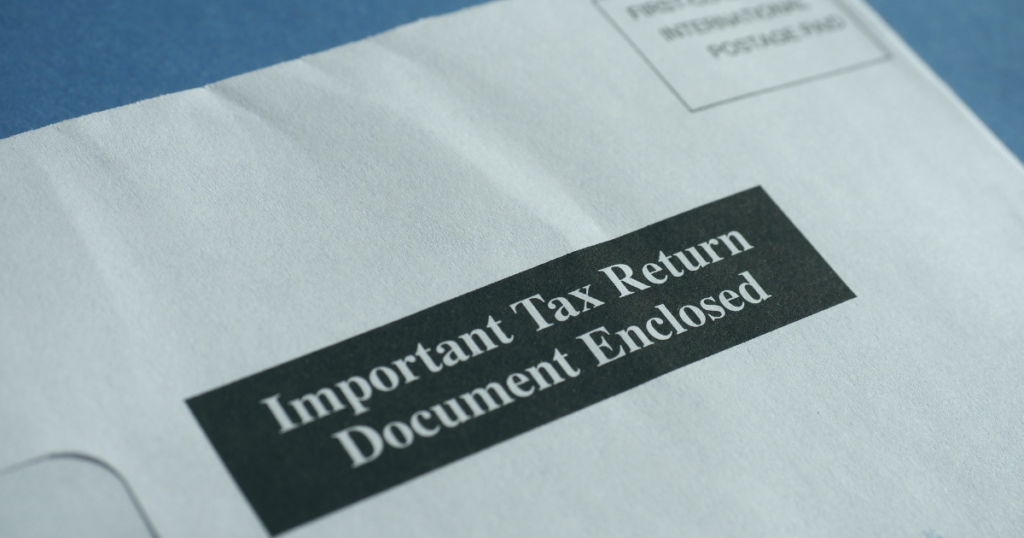What is the standard due date for lodging individual and trust tax returns?
Individual and trust tax returns are due by October 31st for those lodging independently. However, registered tax agents can extend this to May 15th using the Tax Agent Lodgment Program (TALP), with staggered payment dates depending on the lodgment date.
What are the payment due dates for individual and trust tax returns lodged through TALP?
Payment due dates vary based on the lodgment date: March 21st for returns lodged up to February 12th, April 21st for those lodged between February 13th and March 12th, and June 5th for returns lodged after March 13th.
What is the standard due date for lodging company tax returns?
Company tax returns are due by October 31st for the previous financial year.
How can a client recover from missing a tax return deadline?
If a client misses the deadline, gather information on why it was missed, lodge the return as soon as possible, and consider requesting a penalty remission if there is a reasonable excuse.
How is income from investments taxed?
Tax returns for investments in Australia are typically incorporated into your individual tax return (due October 31st or May 15th with a tax agent). There’s no separate lodgement for investment income, but you’ll need to report it accurately on your individual tax return.
How do partnerships lodge tax returns?
Partnerships in Australia have separate tax obligations and lodgement processes from individual partners. Every partnership must have its own TFN, even though the partnership itself doesn’t pay income tax. This TFN is used to lodge the partnership tax return.
They have the same standard due date as individuals, trusts, and companies, and tax agents may secure lodgment extensions on their behalf.
How do I find the TFN to do a tax return?
If your client has a myGov account linked to the ATO, they can find their TFN through the online portal under their personal information. Otherwise, the ATO can be contacted to get the TFN but be prepared to answer questions for identity verification.
Key tax return dates to keep in mind
As a tax agent, staying on top of key lodgement deadlines is crucial for both you and your clients. Missed deadlines can lead to unnecessary stress, penalties for clients, and potential reputational damage for your practice.
Due dates vary depending on the type of business and tax return.
Individuals and trusts tax return
- October 31st
If your client lodges independently, this is the standard due date for lodging individual and trust tax returns for the previous financial year (July 1st to June 30th). - May 15th (staggered payment dates)
If you lodge your client’s individual or trust tax return as a registered tax agent using the Tax Agent Lodgment Program (TALP), you can leverage an extended due date of May 15th. However, the payment due date for your client depends on the lodgement date within the program:- Up to and including February 12th: Payment is due by March 21st.
- February 13th to March 12th: Payment due by April 21st.
- March 13th onwards: Payment due by June 5th.
Company tax return
- October 31st
The standard due date for lodging company tax returns also falls on this day for the previous financial year.
Fringe benefits tax return
- May 21st
This is the standard due date for lodging and paying FBT for the FBT year (April 1st of the previous year to March 31st of the current year). - June 25th (electronic lodgment extension)
Registered tax agents can benefit from an extended due date of June 25th if they lodge the FBT return electronically through the Practitioner Lodgment Service (PLS). The payment due date is also extended to June 25th for electronically lodged returns.
Penalties for late tax return lodging
Missing the tax return deadline can result in penalty charges from the ATO. The amount is calculated based on a formula that considers the applicable tax type, the number of days overdue, and a base penalty unit value set by the ATO. Generally, penalties increase the longer the lodgement is delayed.
If a business previously qualified for a lodgment concessions, they may lose that benefit due to missing the tax return due date. Missing a deadline can also raise red flags for the ATO and increase your chances of being selected for an audit.
By understanding the consequences and taking proactive steps, you can avoid the hassle and financial burden of late lodgement. Remember, timely tax lodgement is essential for maintaining good standing with the ATO and ensuring a smooth tax experience.
Find out more about what business should know about lodging with a tax agent: ato.gov.au.

What to do if a client misses the deadline
In the event that a client misses the deadline for their tax return, here is what you can do:
Gather information and assess the situation
Gain a clear understanding of why the tax return deadline was missed. Common reasons can include a lack of awareness of the due date, struggling with documentation, poor understanding of tax deductions, and personal circumstances.
Reassure the client that processes are in place to properly recover from missing the lodgment deadlines.
Consider lodgment options moving forward
Depending on the situation, you might still be able to lodge the return, albeit with potential consequences. the standard due date has just passed, you can usually lodge the return electronically as soon as possible. However, late lodgement penalties (LATO penalties) might apply.
If your client had an extension and missed that deadline, assess if there’s a reasonable excuse for the further delay. Based on the excuse, you can request a remission of additional penalties from the ATO.
Lodge the return or request penalty remission
If lodgment is still possible, prioritise preparing and lodging the return electronically to minimise further delays. If there’s a reasonable excuse for the missed deadline (beyond the initial extension if granted), you can submit a remission request to the ATO on your client’s behalf. This request should explain the extenuating circumstances and supporting documentation.
Set proactive measures for the next financial year
Implement a system to remind clients about upcoming deadlines well in advance. Explore making voluntary tax payments throughout the year to minimise potential penalties and interest on outstanding tax.
Learn more here: ato.gov.au.
Stay on top of client tax obligations with Payroller
By keeping the lodgment due dates in mind, tax time and the end of the financial year can be a breeze for business owners and tax agents alike. Putting in the effort to organise financial documents upfront can save time, stress, and potentially a significant amount of money in the long run.
Invite clients to use software to help them organise their finances and reports, such as payroll software with workforce management capabilities. Payroller is free for accountants, bookkeepers, and tax agents and allows you to manage payroll for clients from the same platform.
